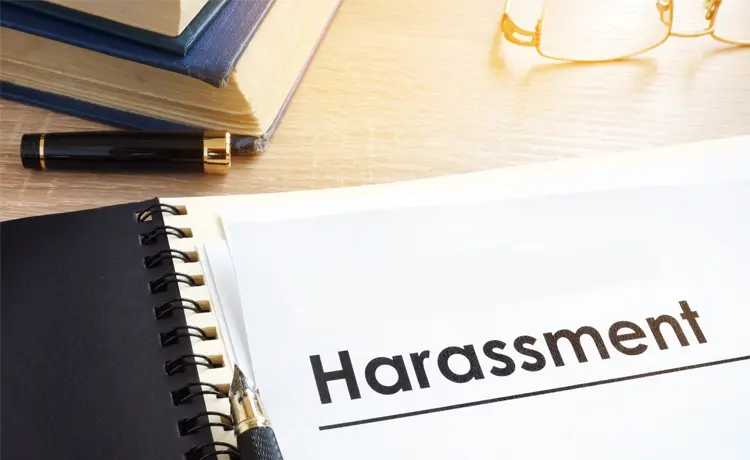What is the SHARP Program?
The Sexual Harassment/Assault Response and Prevention (SHARP) program aims to prevent sexual assault and sexual harassment in the Army. The goal is to create a cultural change across the Army that results in greater sensitivity, respect and safety for all Soldiers. Soldiers are encouraged to intervene if they witness a sexual assault or sexual harassment occurring; there are no passive bystanders. Victims of sexual assault and sexual harassment can receive resources, medical care, counseling and victim advocacy with the help of the SHARP Program. They may receive assistance and responsive care from the sexual assault response coordinator (SARC) and a SHARP victim advocate (VA)/victim representative (VR). Help keep the Army community strong by spreading awareness of sexual assault and harassment, and letting your fellow Soldiers know they can turn to the SHARP Program for help.
Who is covered by the SHARP Program?
- Soldiers and their dependent family members who are 18 years of age and older
- Soldiers who report being sexually assaulted prior to enlistment
- Army National Guard (NG) and Reserve members
- Department of Defense (DoD) civilian employees and their dependent family members who are 18 years of age or older, when stationed or performing duties outside the continental U.S. (OCONUS).
- U.S. citizen DoD contractor personnel and their employees, when accompanying the Armed Forces OCONUS
To learn more about the SHARP program, see the QuickSeries® guide ARMY - SHARP Program.
Sexual Harassment
It is crucial for all Soldiers and Department of the Army (DA) civilians to help resolve acts of sexual harassment and report any incidents through their SARC. Sexual harassment is conduct that involves unwelcome sexual advances, requests for sexual favors and repeated offensive comments or gestures of a sexual nature when:
- Submission to such conduct is made either explicitly or implicitly a term or condition of your job or career.
- Your submission to or rejection of such conduct is used as a basis for career or employment decisions affecting you.
- Such conduct unreasonably interferes with your work performance or creates an intimidating, hostile or offensive work environment.
How to Submit a Sexual Harassment Complaint
There are two ways to submit a sexual harassment complaint: formally and informally. An informal complaint usually leads to resolution through discussion. Soldiers can choose to confront the person or seek the help of another unit member, their commander or another person in their chain of command. The complaint and any actions taken to resolve it are documented on a Memorandum of Record, rather than on the Sexual Harassment Complaint Form used for formal complaints. A formal complaint is handled at the brigade level. It requires the use of DA Form 7279, Equal Opportunity Complaint Form. The complainant must contact an Equal Employment Opportunity (EEO) Counselor within 45 calendar days of an alleged discriminatory action.
Sexual Assault
Sexual assault has no place in the Department of Defense (DoD) and goes against Army values. Unfortunately, it is very common for victims to not report incidents involving sexual assault.
Sexual assault is intentional sexual contact involving the use of force, threats, intimidation or abuse of authority, or when the victim does not or cannot consent to the act.
How to Report a Sexual Assault
The Army offers two reporting options: restricted and unrestricted. Regardless of the reporting option, a Soldier's medical information will remain confidential.
Restricted reporting allows the victim to disclose the details of his or her assault without triggering an official investigation. Victims may receive medical treatment, including emergency care and counseling. Victims who desire restricted reporting may only report the assault to the SARC, VA or a health care provider. Unrestricted reporting allows the victim to receive medical treatment, counseling and legal assistance, and SARC/SHARP Specialist and VA/SHARP Specialist assistance. Unrestricted reporting results in an official investigation. Law enforcement and the victim's command will be immediately notified.
A restricted report can be changed to an unrestricted report, but an unrestricted report cannot be changed to a restricted report because an investigation will already have been started.
To learn more about the SHARP program's efforts to create a safer and more respectful culture for all Soldiers, visit the program's website. For more information on various Military Life products available to purchase for your community, browse the QuickSeries® library of guides.
